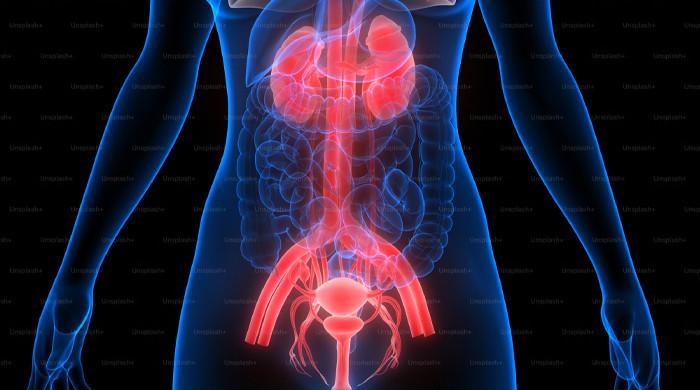A guide to help you understand IBS and its symptoms
Here is an outline of IBS or Irritable Bowel Syndrome, a common ailment
April 28, 2024

Understanding Irritable Bowel Syndrome (IBS):
Irritable Bowel Syndrome (IBS) is quite a prevalent disorder affecting almost 10-15% of the world population and mainly affects the large intestine of the human body.
IBS is particularly identified abdominal pain, bloating, and altered bowel habits. It is a chronic (prolonged) condition primarily ranging from mild inconvenience to severe debilitation.
What triggers IBS?

Symptoms of IBS vary from one individual to another but are typically characterized by cramping, abdominal pain, bloating, gas, and either diarrhea, constipation, or both.
IBS that induces lose and watery stool is known as diarrhea predominant IBS (IBS-D) while the IBS that prevents the passing fecal material is known constipation predominant IBS (IBS-C).
Triggering factors of IBS also vary for every individual however some generic points include certain foods, stress, hormonal changes, and other environmental differences.
IBS Diagnosis and Management:

Whether it is IBS-C or IBS-D, there is no particular diagnostic test for it and is usually identified on the basis of its symptoms and by ruling out other conditions.
Managing IBS calls for lifestyle as well as dietary adjustments such as regular exercise, and stress management techniques along with a low-FODMAP diet, a plan where an individual avoids eating fermentable carbohydrates.
Additionally, medicines are also provided to alleviate symptoms of IBS like constipation, diarrhea, cramps or nausea.
A perspective on IBS:

Even though suffering from IBS can be quite challenging, it can be managed through dietary changes, lifestyle modifications as well as medication. IBS patients also receive a personalized healthcare plan to follow from their general physicians to keep their condition managed.











